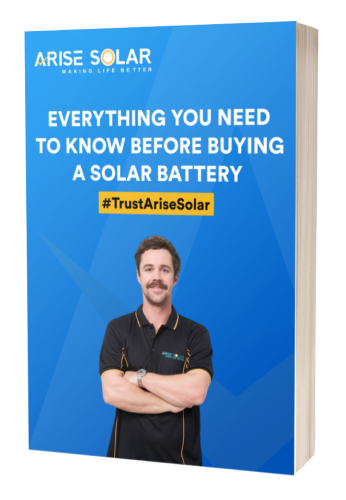With a significant proportion of Australians now turning to solar energy, perhaps you too want to get behind the trend. In addition to doing your bit for the environment, you’ll notice a serious difference in your energy bills. If you’re certain that a residential solar system is for you, there are still a couple of decisions to make. By understanding more about the different options available, you can make the best decision for your household.
Residential solar panels alone
All residential solar systems require panels and an inverter. The panels absorb the sun’s rays and convert them to energy. The inverter converts the current to a usable format so that you can use the energy throughout your home. Our residential solar panels come in a variety of sizes. They start at 5 kW, which is popular among a lot of households. You can also choose between 6.6 kW and 10 kW, which are ideal for small to medium-size households. We’ll assess your household’s energy usage and predict the available roof space to help you choose the best panels for your property.
Adding in battery storage
Using residential solar panels on their own certainly comes with a lot of perks. But if you choose this method, you can only use the energy the panels produce, as they are producing it. So, while your panels may produce enough energy to meet your household’s needs during the daytime, you’ll still draw your electricity from the grid at night.
Battery storage sidesteps this problem. Batteries allow you to store the excess energy you produce and use it later. So if you produce a surplus of power during the day, you can store this and tap into your supply later. This means you don’t need to set as many of your devices to operate mainly during the day, as you are benefiting from your residential solar panels at all hours.
Hybrid residential solar systems
Hybrid residential solar systems are similar to systems that use battery storage. The main difference is that they will continue working even when your battery runs out of energy. For a lot of our customers, this provides reassurance.
Depending on where you live in Australia, you may not be able to meet all your energy requirements using residential solar panels. As a result, you could find yourself plunged into darkness if your battery runs out of energy. Using a hybrid system means that your home will benefit from grid electricity in the event that your battery runs out. This can prove especially useful if you live in an area with high cloud cover during the winter.
Choosing the right system for you
As you can see, you have a few decisions to make before adding a solar system to your home. It may help you to talk to a team of experts. At Arise Solar, we install residential solar panels throughout Australia. We’re happy to advise you on the right system for your property. To speak with a member of our team, call 1300 274 737 or complete our contact form.





